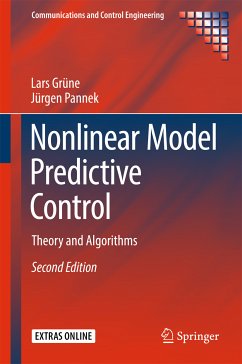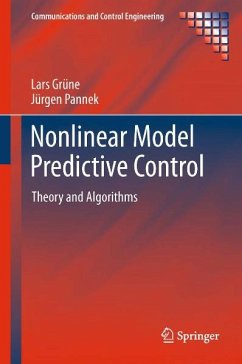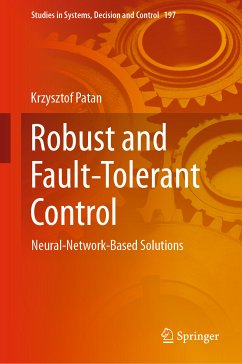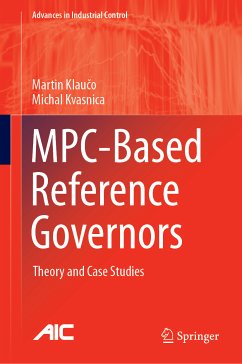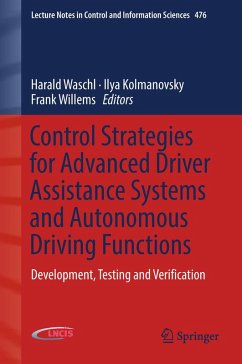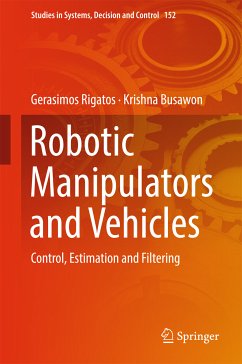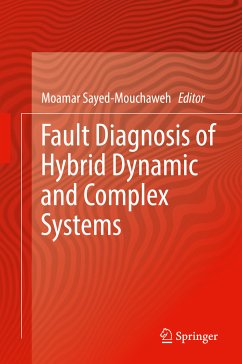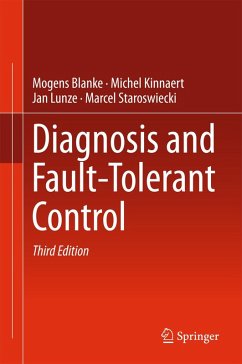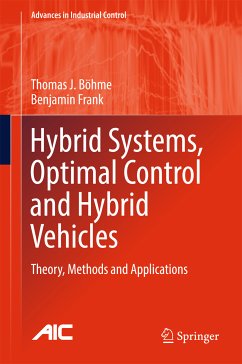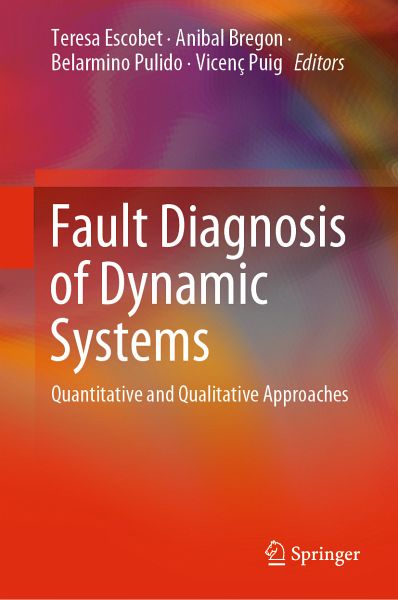
Fault Diagnosis of Dynamic Systems (eBook, PDF)
Quantitative and Qualitative Approaches
Redaktion: Escobet, Teresa; Puig, Vicenç; Pulido, Belarmino; Bregon, Anibal
Versandkostenfrei!
Sofort per Download lieferbar
120,95 €
inkl. MwSt.
Weitere Ausgaben:

PAYBACK Punkte
60 °P sammeln!
Fault Diagnosis of Dynamic Systems provides readers with a glimpse into the fundamental issues and techniques of fault diagnosis used by Automatic Control (FDI) and Artificial Intelligence (DX) research communities. The book reviews the standard techniques and approaches widely used in both communities. It also contains benchmark examples and case studies that demonstrate how the same problem can be solved using the presented approaches. The book also introduces advanced fault diagnosis approaches that are currently still being researched, including methods for non-linear, hybrid, discrete-eve...
Fault Diagnosis of Dynamic Systems provides readers with a glimpse into the fundamental issues and techniques of fault diagnosis used by Automatic Control (FDI) and Artificial Intelligence (DX) research communities. The book reviews the standard techniques and approaches widely used in both communities. It also contains benchmark examples and case studies that demonstrate how the same problem can be solved using the presented approaches. The book also introduces advanced fault diagnosis approaches that are currently still being researched, including methods for non-linear, hybrid, discrete-event and software/business systems, as well as, an introduction to prognosis.
Fault Diagnosis of Dynamic Systems is valuable source of information for researchers and engineers starting to work on fault diagnosis and willing to have a reference guide on the main concepts and standard approaches on fault diagnosis. Readers with experience on one of the two main communities will also find it useful to learn the fundamental concepts of the other community and the synergies between them. The book is also open to researchers or academics who are already familiar with the standard approaches, since they will find a collection of advanced approaches with more specific and advanced topics or with application to different domains. Finally, engineers and researchers looking for transferable fault diagnosis methods will also find useful insights in the book.
Dieser Download kann aus rechtlichen Gründen nur mit Rechnungsadresse in A, B, BG, CY, CZ, D, DK, EW, E, FIN, F, GR, HR, H, IRL, I, LT, L, LR, M, NL, PL, P, R, S, SLO, SK ausgeliefert werden.



